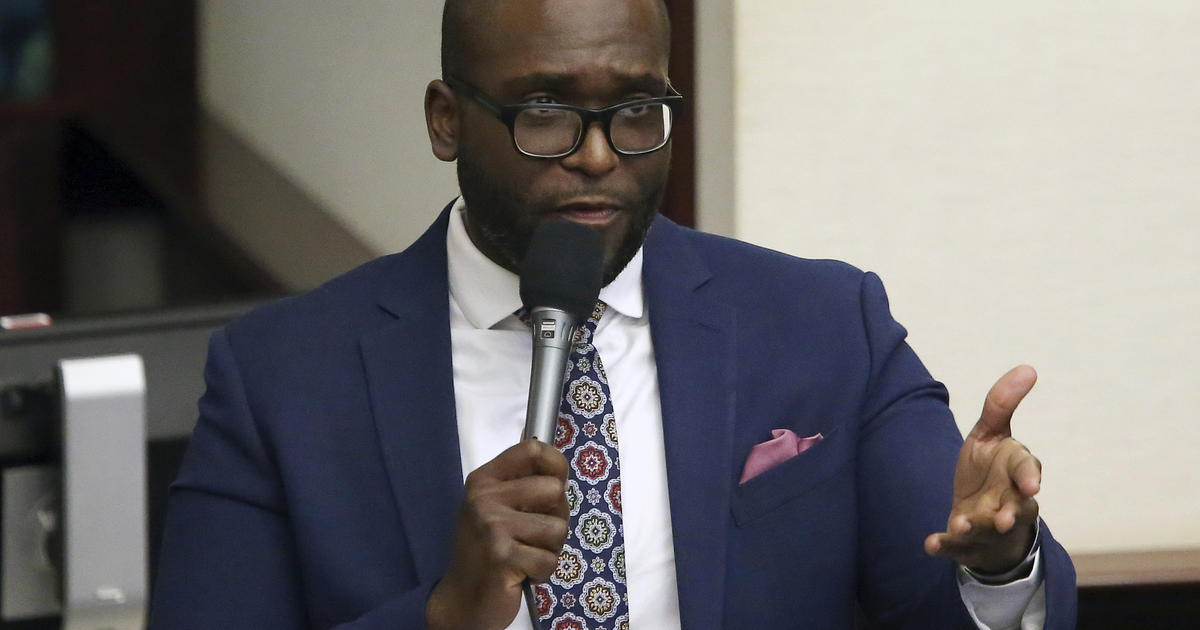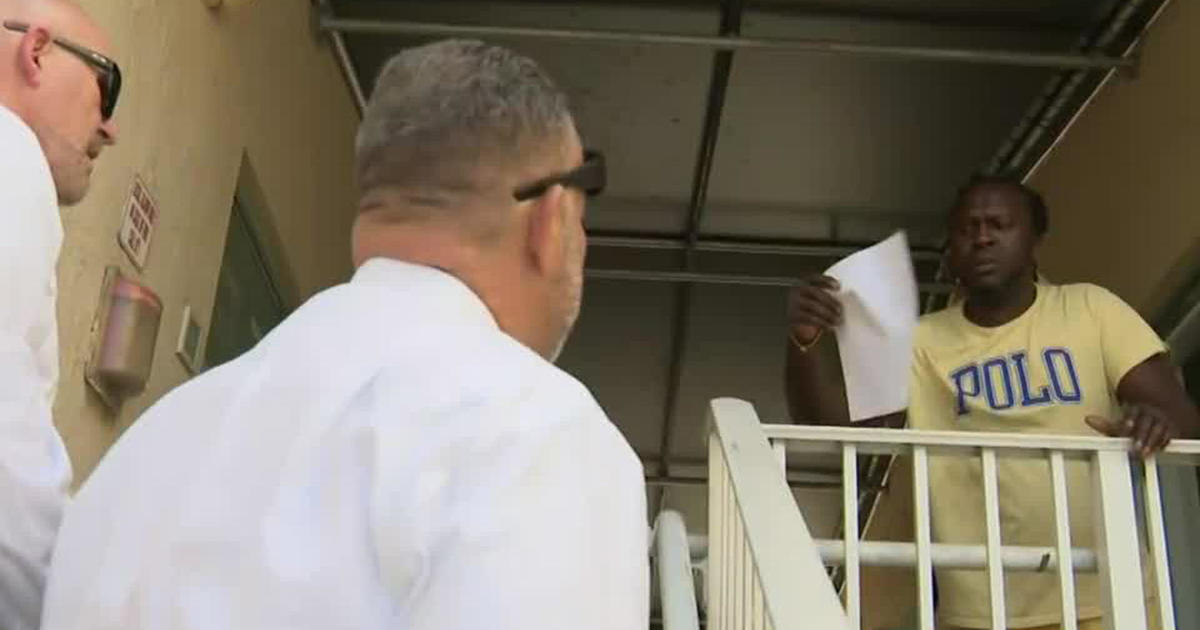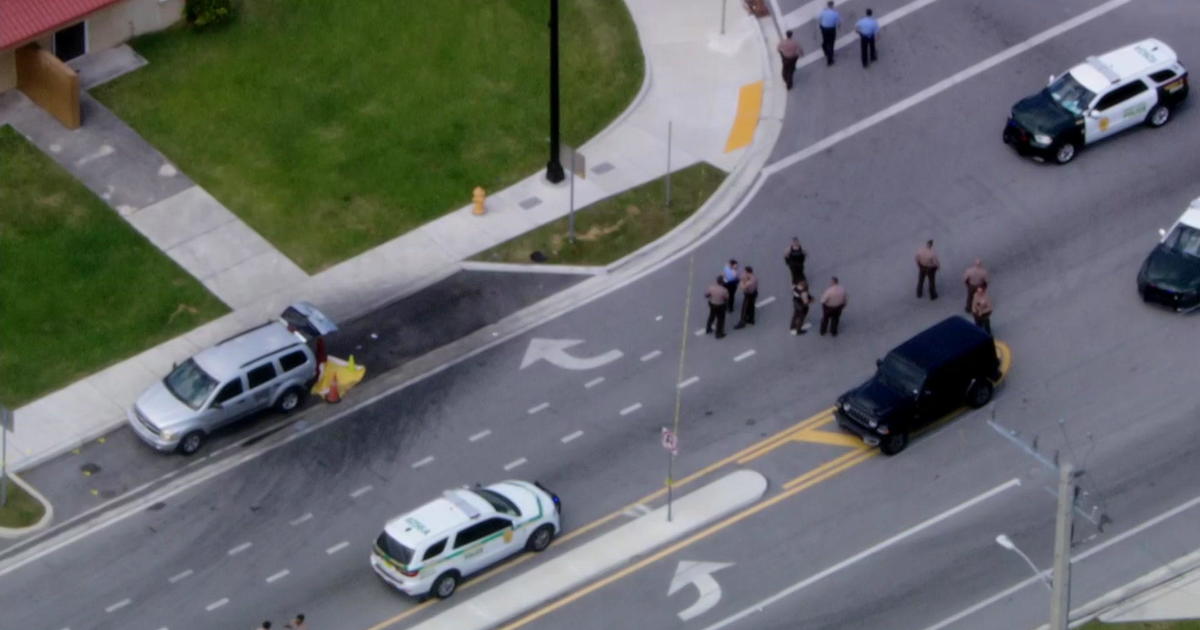Miami-Dade Grand Jury Issues Final Report On Voting Fiasco
MIAMI-DADE (CBSMiami) – A grand jury that convened to examine problems with Florida absentee-ballot voting made 23 recommendations designed to tighten regulations.
The final report issued by the group concluded Florida should reinstate a requirement that someone witness an absentee voter's ballot signature, and Miami-Dade County should work closely with assisted-living facilities in order to prevent voter fraud.
Of the 23 recommendations, 10 were to Florida lawmakers and 13 were to the county elections department, reports CBS4 news partner The Miami Herald.
Click Here to read the final grand jury report
Miami-Dade State Attorney Katherine Fernández Rundle asked the 21-member grand jury to take on absentee voting following the August primary election, in which two Hialeah ballot brokers known as boleteros were arrested and charged with voter fraud and with violating a county ordinance that prohibits the possession of multiple absentee ballots.
"The headlines of the breaking news coverage revealed gaping holes in the absentee ballot voting process in our community," says the report, released Wednesday. "As we discovered, each of those holes represented an opportunity for someone to commit fraud — undetected and in the shadows."
Among the grand jury's recommendations to the state:
• Reinstate a state requirement that a witness 18 years old or older witness an absentee voter fill out his or her ballot and sign it.
• Require that people who provide absentee voters with assistance fill out declarations similar to the ones required from people who help voters at the polls.
• Make it a third-degree felony for anyone to possess more than two absentee ballots, other than those belonging to the voter and an immediate family member.
• Exempt information on voters who have requested absentee ballots from political parties, candidates and political committees.
Among its recommendations to the county:
• Work aggressively to bring more assisted-living facilities and nursing homes into the county's "Supervised Voting Program," which sends elections staff to group homes so the sick and elderly can vote without having to go to the polls.
• Require user logins and passwords to access online absentee-ballot requests and to update voter information, in order to limit fraudulent ballot requests.
• Contact voters whose absentee-ballot envelopes are unsigned, or whose absentee-ballot signature does not match the signature on file, once the ballot is received, giving voters until the close of the polls on Election Day to resolve the issue.
• Send notices to voters every four years encouraging them to update their signatures on file.
• Publicize ways for voters to report suspected fraud, and use 2 percent of the filing fee paid by candidates toward Crime Stoppers rewards.
One of the recommendations, to pre-pay for absentee-ballot return envelopes, has already been adopted by county commissioners.
And two of the suggestions to the state — to expand the type of acceptable early-voting locations and extend early voting — have been echoed by the elections department and by an election group advising Mayor Carlos Gimenez.
The grand jury, however, asked for more early-voting hours — 120 instead of the 96 hours on the books.
(©2012 CBS Local Media, a division of CBS Radio Inc. All rights reserved. This material may not be published, broadcast, rewritten, or redistributed. CBS4 news partner The Miami Herald contributed to this report.)



